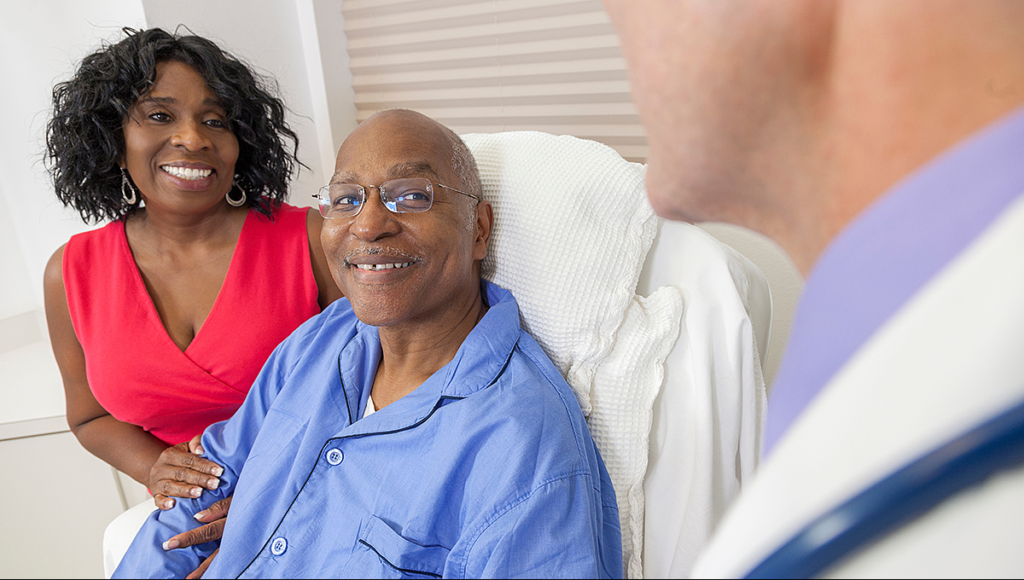Surgery is scary and the fear of it is not uncommon. A huge part of the fear is the loss of control and having to place trust in the doctor performing the surgery. And if a loved one will be undergoing a major procedure, the stress about it for not only the patient but for family/friends can be emotionally taxing.
It is so important that prior to surgery, there are plans set in place for a patient’s recovery. What will happen after the surgical procedure when the patient is not functioning to their full capacity?
Here are a few suggestions on how to best care for a loved one post surgery.
- Put together a schedule and be present. It is important to work together as a fine-tuned unit of family/friends to devise a plan to determine who will spend time with the patient, so that their various needs can be met at all times. Offer to go to appointments when you can. And offer to help prepare questions to ask the doctor.
2. Prepare the house for recovery. It is wise to select a central location so that the patient can rest comfortably and have easy access to a bathroom. Make sure a patient’s most used items are within easy reach (glasses, phone and charger, tissues, water, TV remote control, reading materials). If a patient is on crutches make sure there is nothing strewn on the floor to make maneuvering difficult. Area rugs and floor mats can be challenging for folks on crutches, so if you need to remove them for safety’s sake, then do so. Does the patient need a shower seat or grab bar? Is the toilet seat too low? Will they need a toilet seat riser? A portable commode?
3. Help with self-care. Help the person follow any special instructions or restrictions after the surgery. These might include instructions about things like incision care, bathing, rehab exercises, and activity levels. Offer to also help with medicines. Make sure they follow all medicine instructions. If there are a lot of medicines, get a pill box to organize them. Offer to help set reminders for when they should be taken.
4. Purchase comfortable clothing items. When a person is in recovery, the last thing they need is clothing that is restrictive. Purchase a few pieces of clothing for the patient that is loose, soft, easy to pull on, and take off. Look for breathable fabrics that don’t scratch and do avoid snaps, ties, zippers, and buttons, to allow for maximum comfort while resting in bed.
5. Consider meal prepping. You can meal prep for the patient before their surgery by cooking up a few dishes, then freezing them. If you are not a cook, there are plenty of prepared meal delivery services that can meet many dietary needs and budgets. Check out Insteadofflowers.com, HarryandDavid.com, spoonfulofcomfort.com, and magickitchen.com.
6. Be vigilant and know when to call a doctor. The care team at the hospital will give you details on what to watch for during recovery and when you should call a doctor.
